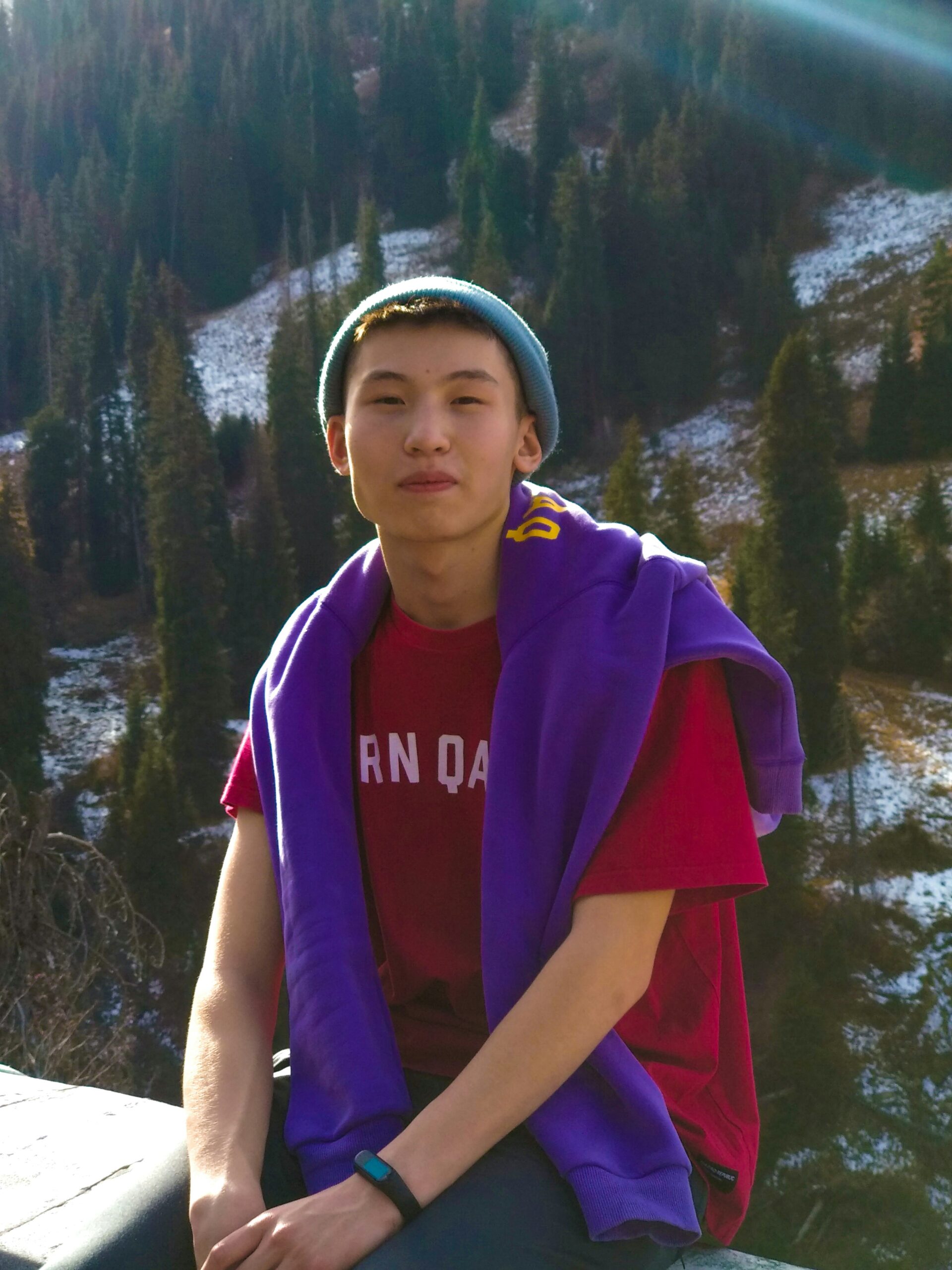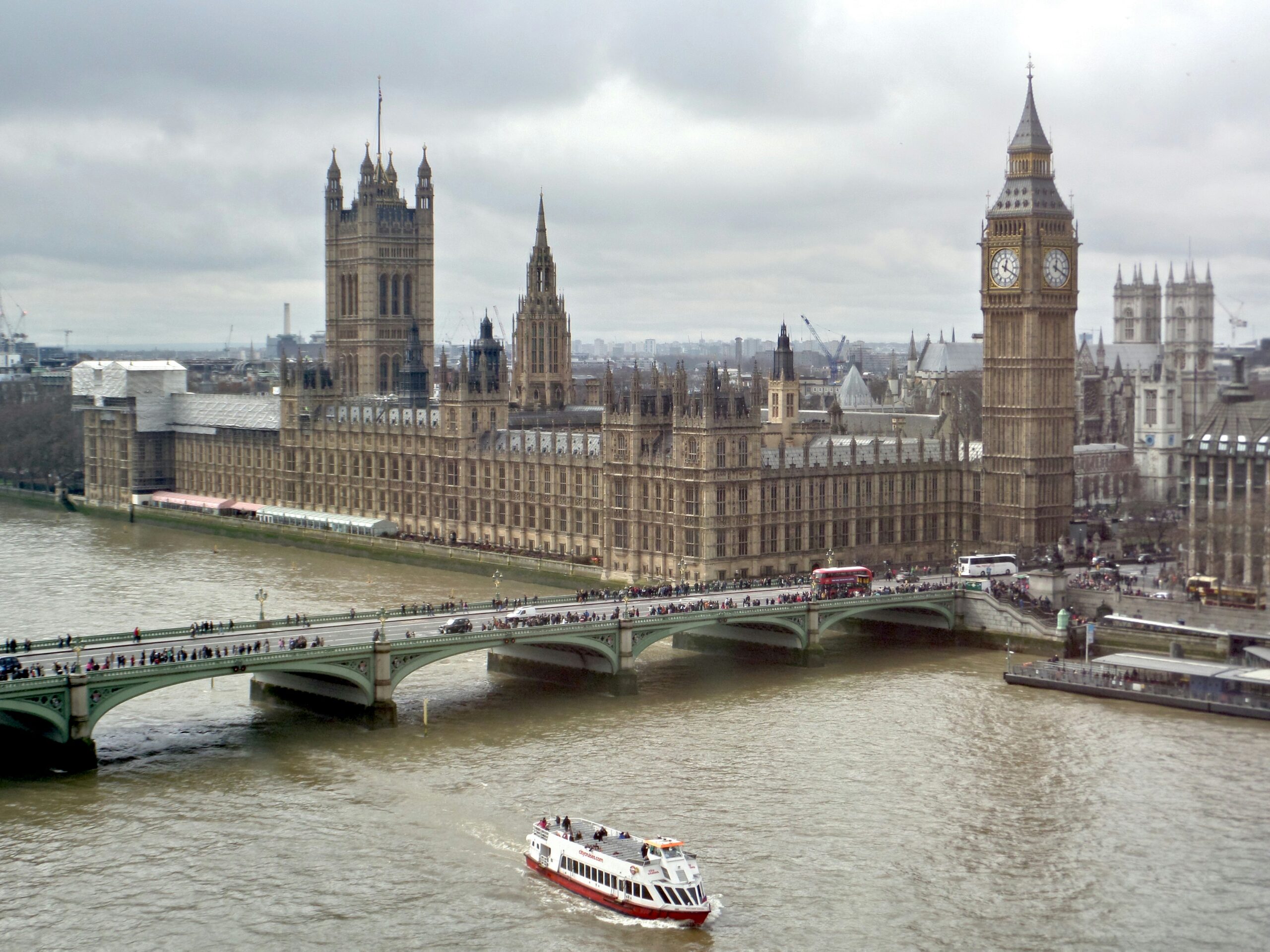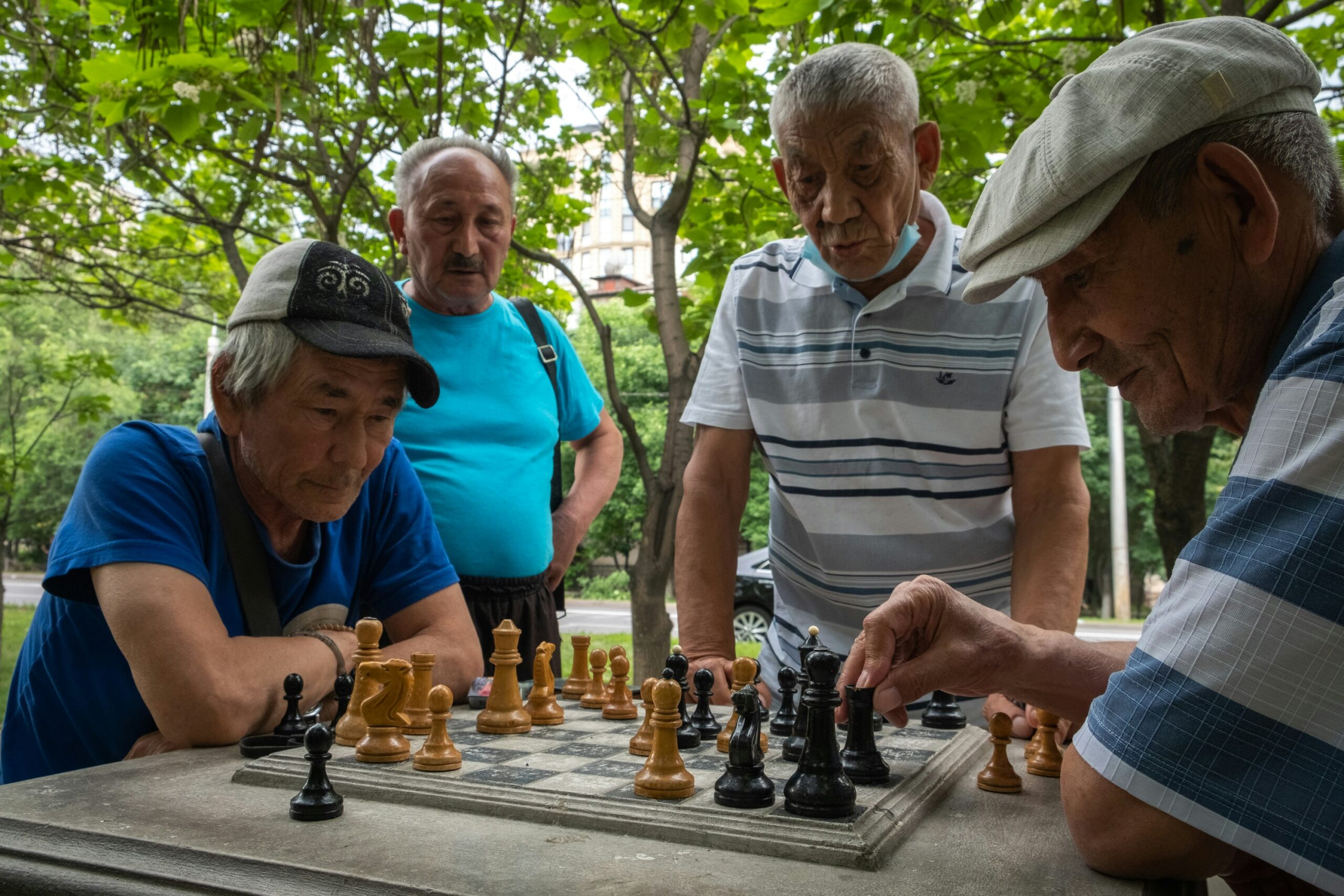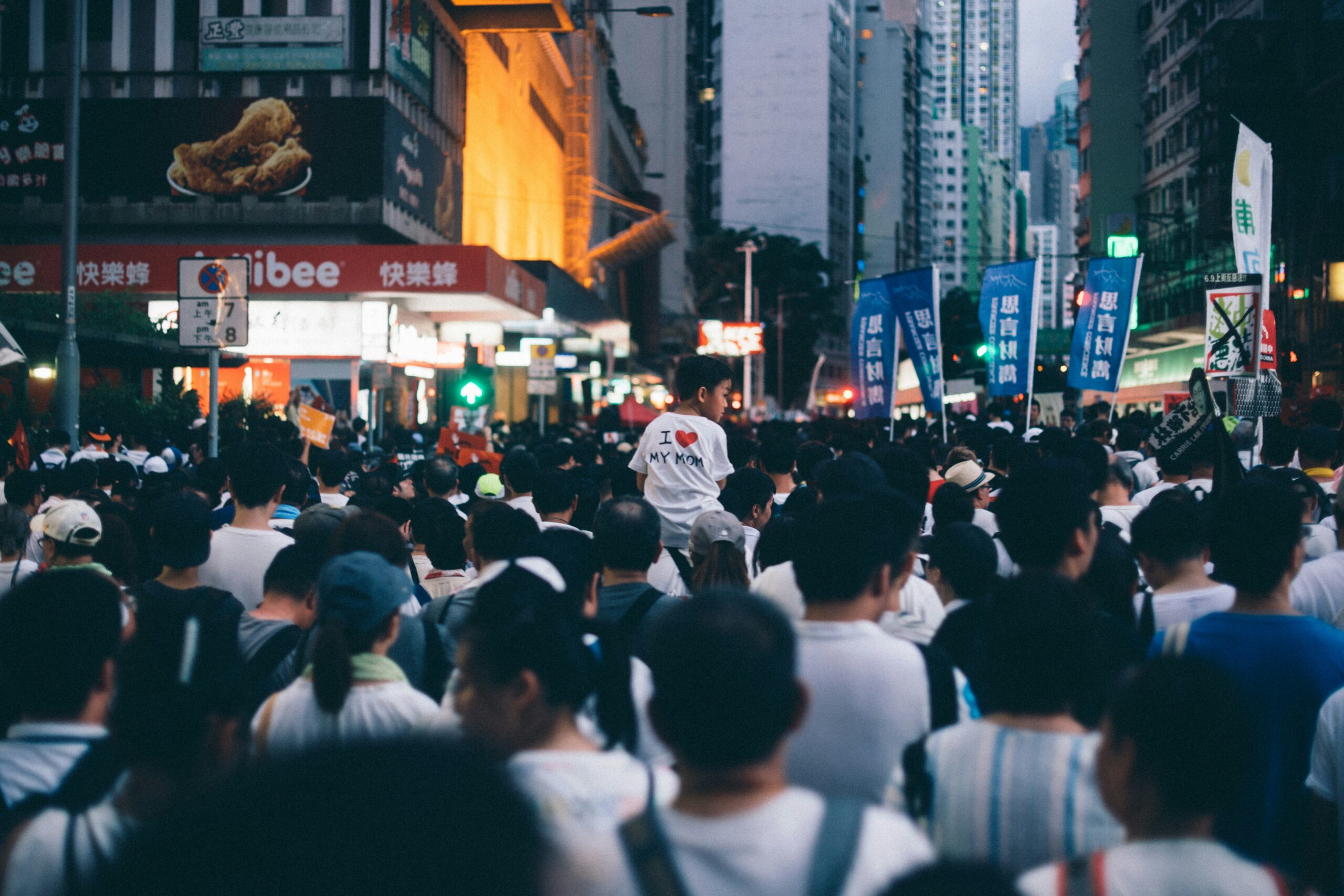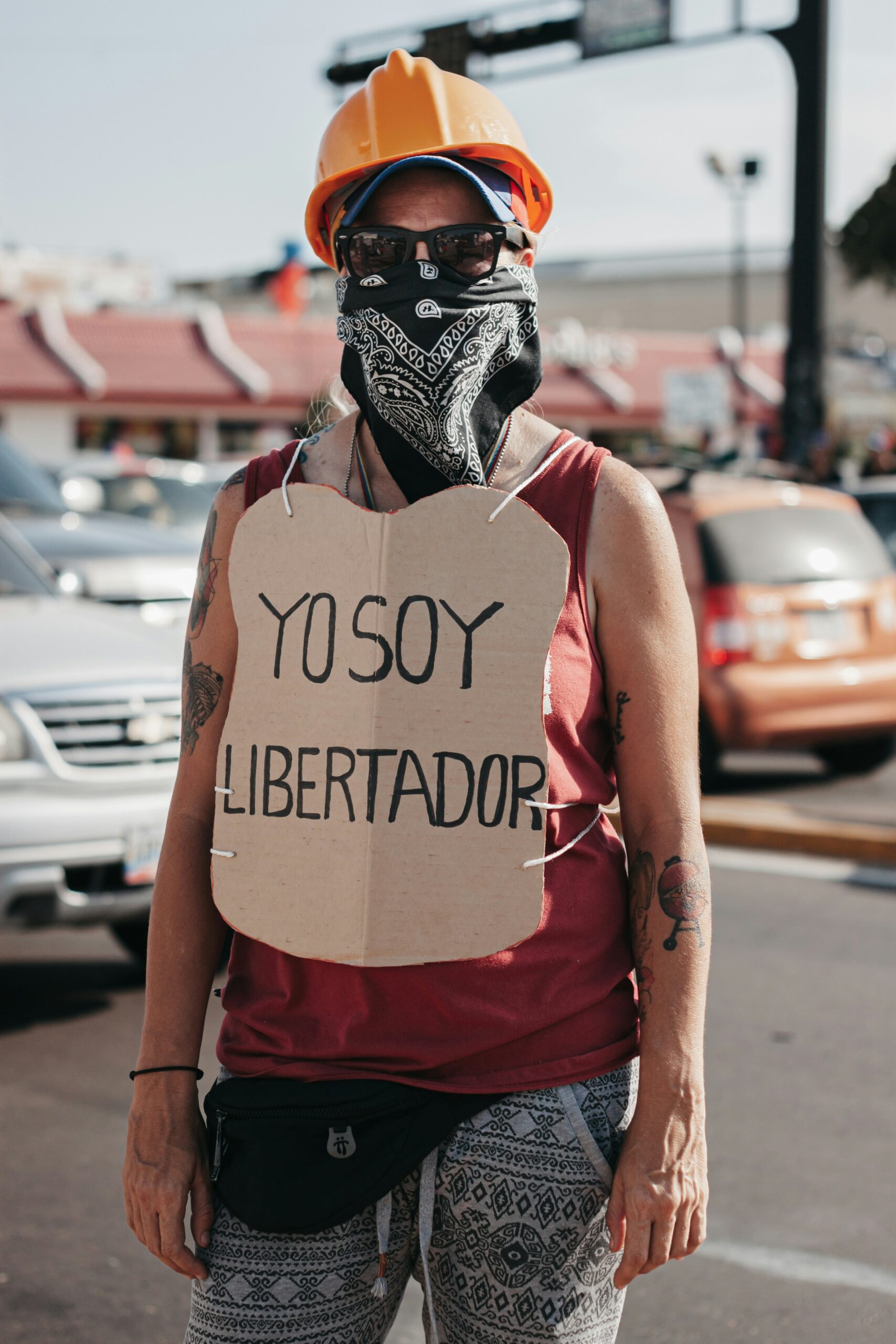Photo by Angsagan Kenzhebek on Unsplash The pursuit of human rights and democracy is a continuous journey – one that requires commitment, courage and tangible action in today’s unpredictable world. Despite all the challenges, for the past several years, Kazakhstan has demonstrated its strong commitment to human rights, democracy and the rule of law, writes…
Human Rights
Fighting Human Trafficking
Photo by engin akyurt on Unsplash The Commission has outlined how it will step up its fight to combat human trafficking. It has published its 5th report on the fight against Trafficking in Human Beings (THB), providing an analysis of data from 2021-2022. The total number of registered victims in the EU showed an increase of 41%…
Concern for Corina Machado
MEPs have voiced concern about the fate of the opposition leader in Venezuela. The ECR Group said it stands by María Corina Machado, leader of the democratic opposition in Venezuela and winner of the 2024 Sakharov Prize. The statement last Friday comes in the light of current events in Venezuela. The ECR stated that it…
UK Citizens’ Rights
Photo by Toni Pomar on Unsplash The UK All-Party Parliamentary Group on Citizens’ Rights, which looks at issues facing EU citizens in the UK and Britons abroad, is being relaunched and will meet for the first time next week. It will be hosted at the House of Commons by British MP Manuela Perteghella. Once MPs…
EU Citizens Locked Out of Rights in UK
Some EU citizens in the UK are being locked out of exercising their rights, a conference was told. The Civil Society EUSS Alliance, which comprises over 200 organisations working with communities across the UK, raised their concerns at a meeting in the UK Parliament. The event heard that many applicants face hurdles in trying to…
Kazakhstan Strengthening Human Rights
Photo by Joel Heard on Unsplash As the Vice Minister of Justice of Kazakhstan, I am proud to reaffirm our nation’s commitment to advancing human rights and adhering to international standards, writes Botagoz Zhakselekova. One of the key mechanisms through which we pursue these goals is the Universal Periodic Review (UPR) – a process under…
Hong Kong Violating Human Rights
Photo by Joseph Chan on Unsplash MEPs have raised concerns over Hong Kong, notably the cases of Jimmy Lai and the 45 activists recently convicted under the national security law. The Hong Kong government must, say Euro members, immediately and unconditionally release all pro-democracy politicians, activists and journalists sentenced on national security charges and drop…
Action To Combat Domestic Violence
Photo by Altin Ferreira on Unsplash European Parliament President Roberta Metsola has called for more action to combat the bullied victims of domestic violence who, she says, are often left “traumatised” by their ordeal. She was speaking in parliament to mark the International Day for the Elimination of Violence against Women. To honour victims, the…
End Impunity for Crimes against Journalists
Photo by Korie Cull on Unsplash International Day to End Impunity for Crimes against Journalists is being marked with the launch of a new initiative aimed at protecting the media in their work. To mark the international day on 1 November, the National Union of Journalists, NUJ, has launched its new Journalists’ Safety Tracker….
Sakharov Prize for Venezuelan Democratic Leaders
The leader of Venezuela’s democratic forces and the opposition candidate in the July presidential elections has been awarded the 2024 Sakharov Prize for Freedom of Thought. The EU Parliament’s President Roberta Metsola announced the winners of the 2024 prize in the chamber in Strasbourg on Thursday. This follows a meeting of the Conference of Presidents…

